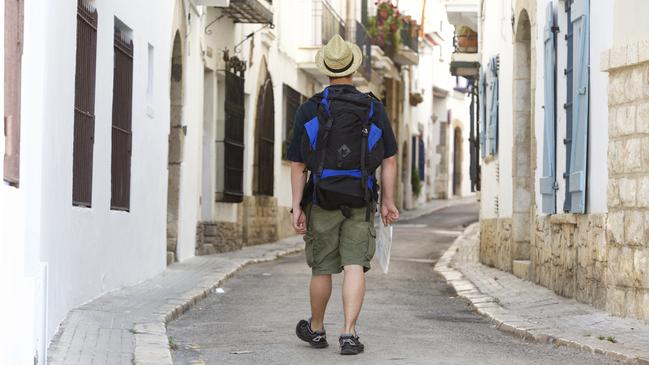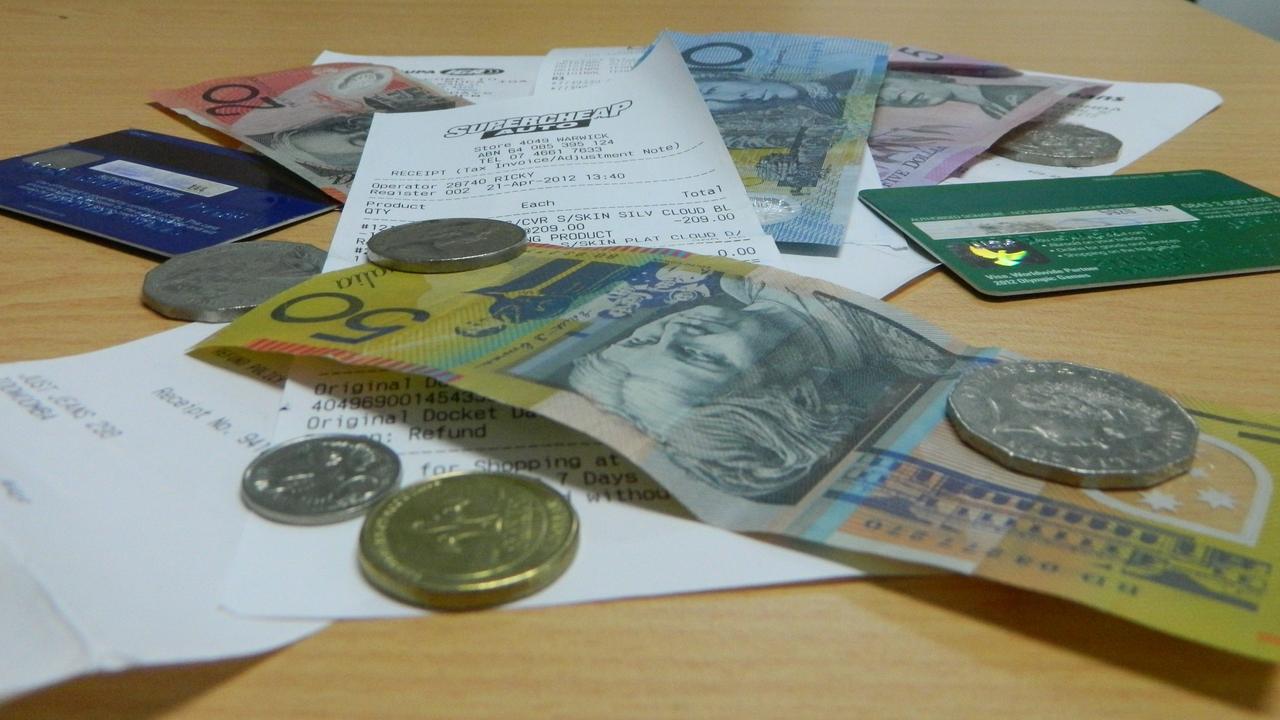Vaccine delays bring out travel stock shorters
A bounce back in tourism-related stocks is fading and the ‘shorts’ are moving in.

Business
Don't miss out on the headlines from Business. Followed categories will be added to My News.
Doubts over the capacity of Qantas to reopen its international network later this year is the latest, and most obvious, setback faced by investors who bought into travel stocks as a key segment of a wider “reopening trade” on the ASX.
Qantas shareholders won’t miss the disconnect between the airline’s sale of tickets to the UK and US from October and the Prime Minister’s admission at the weekend that not all Australians will even receive their first COVID vaccine jab by the end of this year.
Qantas stock — the leader of the travel sector with a $10bn market capitalisation — has been slipping since late March after a significant bounce: the stock had climbed to $5.48 last month but has since rolled back to $5.27.
But delays in the vaccine rollout have hit other travel related stocks harder still. After peaking at $19.29 in March Flight Centre is now back down at $18.12.
Similarly, Webject is down around 15 per cent from its mid-March high of $6.25 to find itself back at $5.32
Travel stocks have been among the most heavily traded shares by investors across the market — Flight Centre, Qantas and Webjet are all among the 20 most traded Australian shares among retail investors.
At the same time, “short traders” have also been particularly active in the sector over the last few months: Online travel agent Webjet is currently the most shorted stock in the market with an estimated 16 per cent of its stock held by shorts.
Flight Centre is the third most shorted stock with around 9 per cent of its stock shorted.
Signs of a sell-off for travel stocks contrast with a broader uplift for the wider market where other sectors have done well such as retail, housing and mining stocks.
As confidence among travel stocks has wilted over the last month the broader ASX 200 has climbed from around 6773 to almost 7000.
The trade in travel stocks has been most popular among new investors who have been in the market in the period following the market crash last March.
A recent report from NABtrade covering the investing patterns of older investors and self- managed super funds noted that, “Clearly the reopening trade — (stocks that benefit from border reopening such as travel companies) has not been as popular with the more mature SMSF audience”.
None of the travel-related stocks — including Qantas — appeared in the top 20 most widely held SMSF stocks examined by the online broker.
As stocks with large exposures to international travel struggle, companies where domestic travel is more important to earnings have so far been buoyant, despite occasional state border closures. The $2bn Sealink ferries group, for example, has moved up from $9.35 to $10.23 over the same time period as international travel stocks have suffered.
Officially Qantas is standing firm on its formal return to full international service on October 31 — the date on which it was originally expected most Australians would be vaccinated.
The airline had based its reopening schedule on the government’s vaccination program plans. “At this stage there are no changes to the planned restart of international flights.” an airline spokesperson said earlier in the week.
One bright spot has been travel to New Zealand thanks to the new ‘bubble’: flights to and from New Zealand represent around 13 per cent of international business for Qantas, and they are due to recommence on April 18.
Originally published as Vaccine delays bring out travel stock shorters



